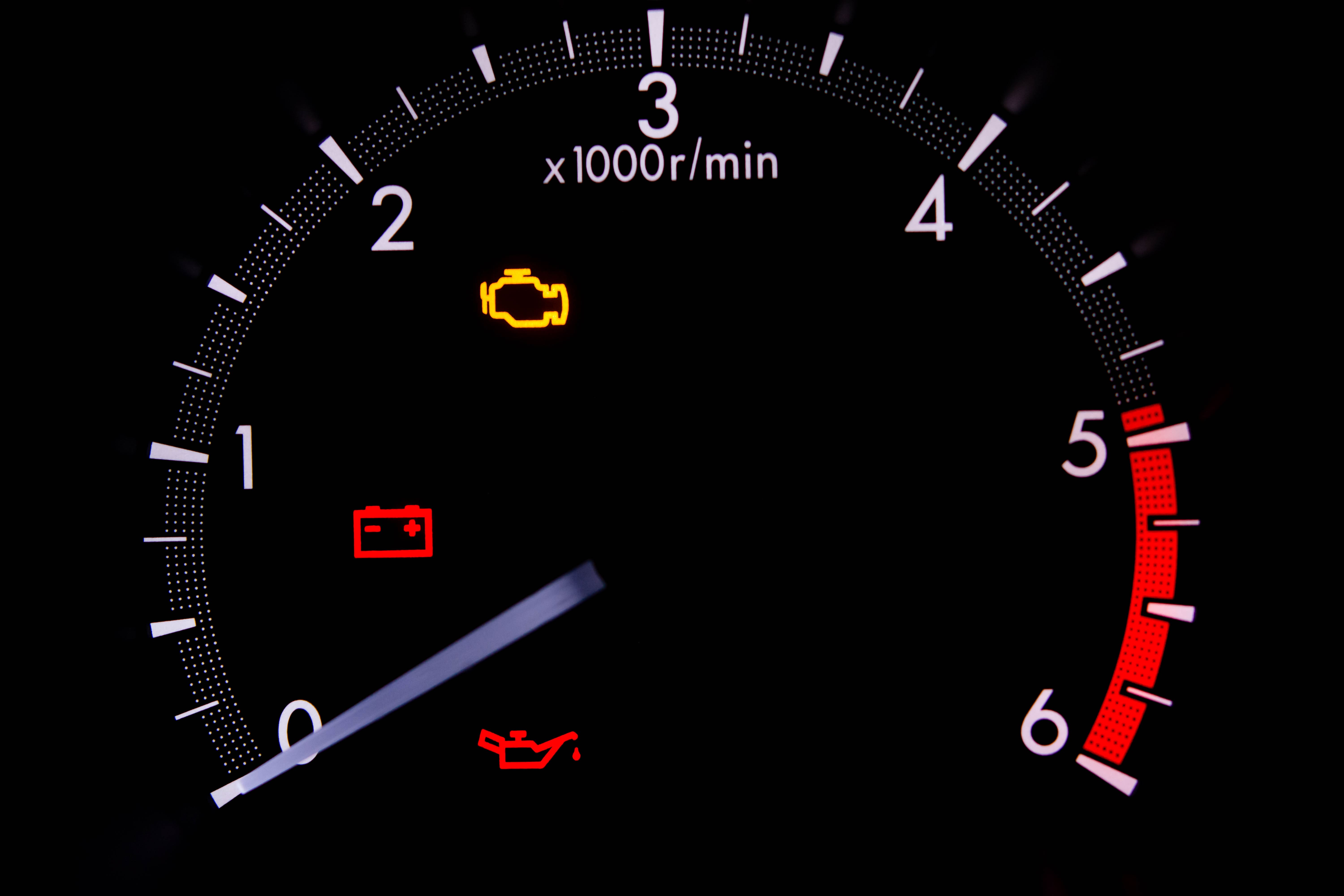
“Treat company property like your own…” Employers must wish that this was a rule their employees followed when handling tools and implements supplied for their use, like a vehicle in their fleet.
But as we all know, that isn’t always true.
Every industry experiences routine property damage in one form or another. But the financial fallout in the fleet industry involves a lot more than just broken desktops, printers and scanners. It’s expensive company vehicles that face the brunt of an `entitlement mentality’ among staff members. The accumulated impact of the rough handling is quite significant.
How Entitlement Mentality Damages Fleets
It is hard for fleet managers to keep track of vehicles when drivers are taking them on the road, across state lines, for several days at a time. So some – not all – drivers get lazy with basic maintenance and cleanliness. This is especially true with older units in the fleet. They are subject to a lot more neglect and abuse because the driver has stopped respecting its intrinsic value.
Drivers who have this entitlement mentality don’t mind the state of a truck’s interior. They don’t care that an empty soda bottle can roll under the pedals and cause an accident. They may drink inside their trucks, or smoke cigarettes, letting the stench of tobacco seep into the plastic/rubber fittings and fabric upholstery. Drivers can overload the truck, until it requires an unscheduled maintenance. They can ignore low fluid levels, drive on under-inflated tires, jump curbs or scrape the side of buildings. The ways of abusing fleet vehicles when drivers are on their own are extensive.
The younger generation of CMV drivers, in their 20s and 30s, are often considered the worst culprits. But drivers with many years of experience behind them are just as culpable. It’s complacency in their case and not immaturity that prompts them to develop an entitled mindset towards the vehicle they have been entrusted with.
How does this affect the fleet’s bottom line?
Mainly in part replacement, performance rehaul and resale value.
Typically, resale value of commercial vehicles depends on the vehicle’s age, condition and mileage. If the condition is below par, because of driver neglect and abuse, the unit sells for less money at the auction.
How can vocational fleet managers control the situation?
Policy Enforcement
By stringent fleet policy enforcement.
- Drivers should be constantly aware that you are monitoring their personal code of conduct when handling company property.
- Vehicle maintenance, loading and unloading tasks are being double-checked.
- Educate new hires on the importance of respecting fleet policies.
- Offer incentives to keep drivers honest in this matter.
- Clarify the punitive actions for non-compliance.
- No driver – no matter how high up the hierarchy – can be exempt from the rules when it comes to taking proper care of their vehicles.
Both management and drivers have to take cognitive action if fleet companies are going to be successful in controlling vehicle abuse. An atmosphere of low or no tolerance has to be cultivated. The whole team has to step up and agree to enforce/comply with company policies on the matter.

